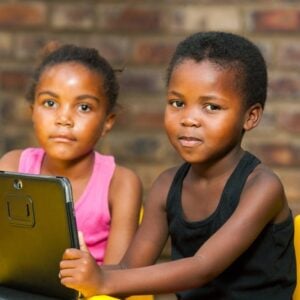Angola has taken a significant step to strengthen public health communication by organizing a national training session focused on the role of the media in responding to health emergencies. The training, supported by the Ministry of Health (MINSA), the Ministry of Telecommunications, Information Technology, and Social Communication (MINTTICS), the World Health Organization (WHO), and UNICEF, and funded by the European Union, brought together over 100 journalists and communicators from 13 provinces. The initiative highlighted the critical role of the media in protecting public health and ensuring accurate information reaches communities.
This training also marked the launch of the Health Communication Network in Angola, a collaborative platform aimed at linking media outlets, local authorities, and international partners to coordinate more effective responses during crises. Secretary of State for Media Nuno Albino emphasized that responsible journalism contributes directly to health literacy, social cohesion, and the protection of life.
Participants engaged in debates, practical exercises, and tool-sharing sessions, focusing on combating misinformation and building stronger connections between health authorities and communication professionals. UNICEF Deputy Representative Louise Moreira Daniels stressed the media’s essential role in guaranteeing the right to health by providing reliable information and creating narratives suited to the Angolan context.
In light of ongoing challenges such as maternal and infant mortality, epidemic outbreaks, and the effects of climate change, clear, accessible, and fact-based communication is crucial. The initiative reinforces Angola’s commitment to ensuring that the population receives accurate and timely information to foster confidence in the health system. WHO Acting Representative Dr. Tomás Valdez highlighted that investing in communication ensures people have the necessary information to adopt healthy behaviors during epidemics, climate emergencies, or vaccination campaigns.







